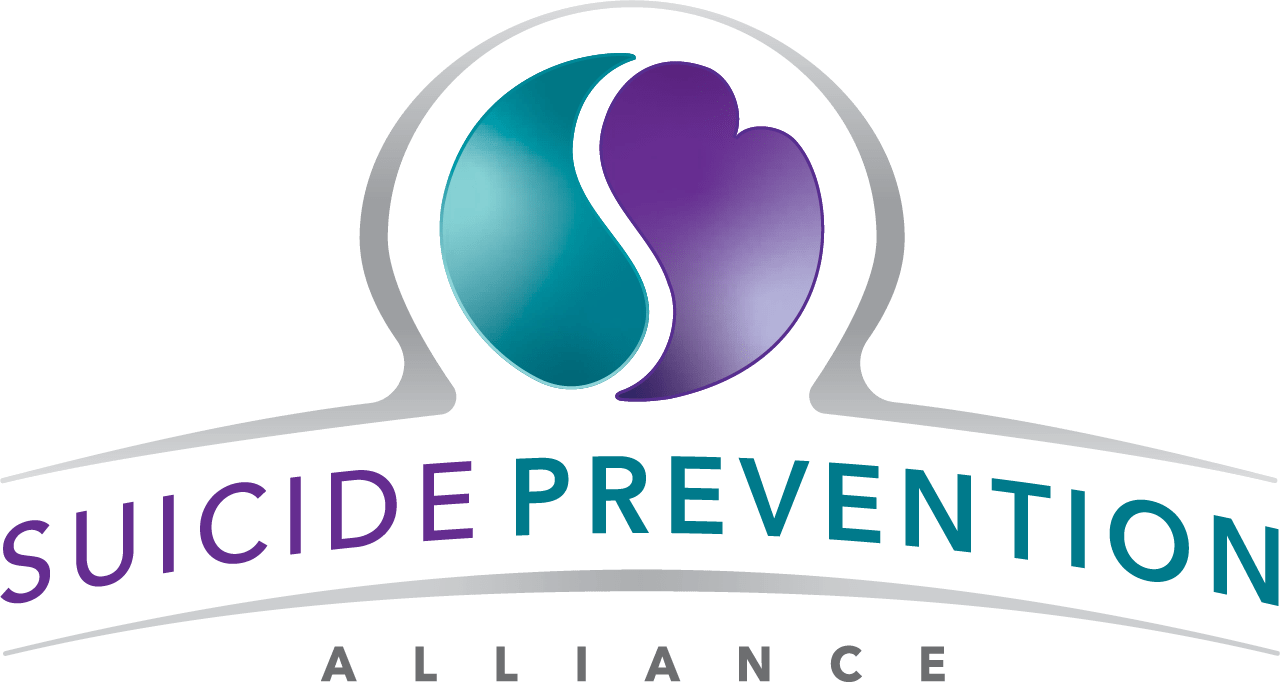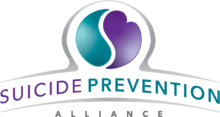If you or someone you know is thinking about suicide, please follow the below steps to help yourself, a friend, or loved one.

Start By Asking Questions
The first step is to find out whether the person is in danger of acting on their thoughts of suicide. Be sensitive, but ask direct questions, such as:
- How are you coping with what's been happening in your life?
- Do you ever feel like just giving up?
- Are you thinking about dying?
- Are you thinking about suicide?
- Have you ever thought about suicide before, or tried to kill yourself before?
- Have you thought about how or when you'd do it?
- Do you have access to weapons or things that can be used as weapons to kill yourself?
Asking about someone's thoughts of suicide won't push someone into doing something self-destructive. In fact, offering an opportunity to talk about feelings may reduce the risk of dying by suicide.
Offer support
If a friend or loved one is thinking about suicide, he or she needs professional help, even if the person isn't in immediate danger. Here's what you can do to help and offer support.
- Encourage the person to call a suicide hotline number. In the U.S., call the 988 Suicide and Crisis Lifeline. The 988 Lifeline provides 24/7, free and confidential support for people in distress, prevention and crisis resources for you or your loved ones, and best practices for professionals in the United States. counselor. You can find a chatline that is available on the website as well.
- Encourage the person to seek treatment. A person who is having thoughts of suicide or is severely depressed person may not have the energy or motivation to find help. If the person doesn't want to consult a doctor or mental health provider, suggest finding help from a support group, crisis center, faith community, teacher or other trusted person. You can offer support and advice — but remember that it's not your job to substitute for a mental health provider.
- Offer to help the person take steps to get assistance and support. For example, you can research treatment options, make phone calls and review insurance benefit information, or even offer to go with the person to an appointment.
- Encourage the person to communicate with you. Someone who is having thoughts of suicide may be tempted to bottle up feelings because he or she feels ashamed, guilty or embarrassed. Be supportive and understanding, and express your opinions without placing blame. Listen attentively and avoid interrupting.
- Don't be patronizing or judgmental. For example, don't tell someone, "Things could be worse" or "You have everything to live for." Instead, ask questions such as, "What's causing you to feel so bad?" "What would make you feel better?" or "How can I help?"
- Never promise to keep someone's thoughts and plans of suicide a secret. Be understanding, but explain that you may not be able to keep such a promise if you think the person's life is in danger. At that point, you have to get help.
- Offer reassurance that things can get better. When someone is having thoughts of suicide, it seems as if nothing will make things better. Reassure the person that with appropriate treatment, he or she can develop other ways to cope and can feel better about life again.
- Encourage the person to avoid alcohol and drug use. Using drugs or alcohol may seem to ease the painful feelings, but ultimately it makes things worse — it can lead to reckless behavior or feeling more depressed. If the person can't quit on his or her own, offer to help find treatment.
- Remove potentially dangerous items from the person's home, if possible. If you can, make sure the person doesn't have items around that could be used for suicide — such as knives, razors, guns or drugs. If the person takes a medication that could be used for overdose, encourage him or her to have someone safeguard it and give it as prescribed.

Additional Information
Who We Are
Suicide Prevention Alliance is a 501(c)3 nonprofit organization that helps people who are in need of preventative suicide assistance
